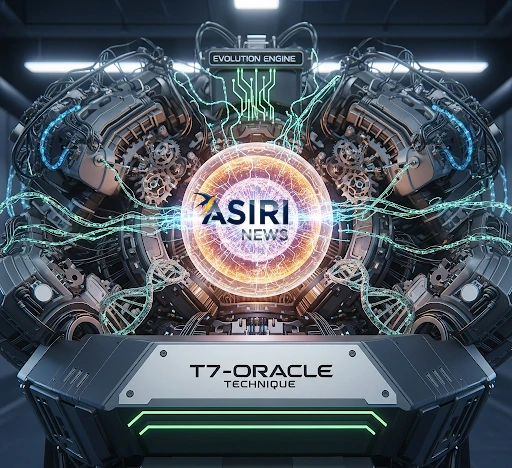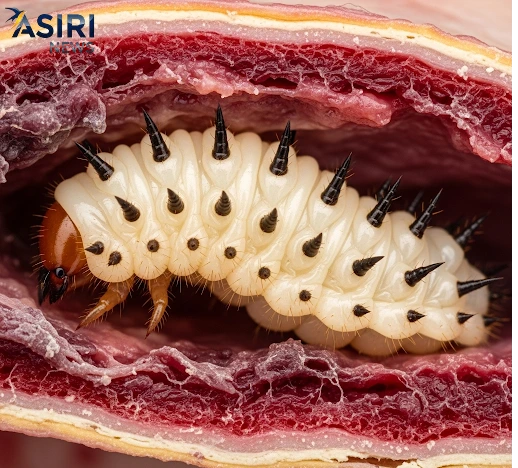In a major leap for biotechnology, researchers at Scripps Research have developed a revolutionary new method for protein engineering called T7-ORACLE, which enables ultra-rapid protein evolution at speeds up to 100,000 times faster than nature. This synthetic biology platform, described as an “evolution engine,” is poised to transform the development of new therapeutics, accelerate the understanding of disease, and streamline the creation of industrial enzymes. The new technique overcomes major bottlenecks in traditional directed evolution, which often takes months or years to yield desired results.
The core of the T7-ORACLE technique is an ingenious bit of genetic engineering. The scientists created a second, artificial DNA replication system inside a common bacterium, E. coli. This “orthogonal” system, derived from the T7 bacteriophage (a virus that infects bacteria), operates completely independently of the host cell’s own DNA replication machinery. By making the viral DNA polymerase “error-prone,” the researchers were able to target only a small, circular piece of DNA called a plasmid, where they inserted the gene they wanted to mutate. This selective process allows mutations to be introduced at an incredibly high rate without damaging the host cell’s own genome.

To demonstrate the platform’s power, the researchers inserted a common antibiotic resistance gene, TEM-1 β-lactamase, into the system. In a stunning proof-of-concept, the system evolved versions of the enzyme that could resist antibiotic levels 5,000 times higher than the original—and it did so in less than one week. This experiment not only showed the system’s incredible speed and precision but also provided a real-world model for how antibiotic resistance can develop.
The applications of T7-ORACLE are vast and far-reaching. By allowing scientists to “fast-forward” evolution in the lab, the technique can be used to:
- Create more effective antibodies to fight cancer and neurodegenerative diseases.
- Optimize enzymes for industrial processes or to break down environmental pollutants.
- Rapidly predict how pathogens and cancer cells will develop resistance to new drugs.
Unlike other continuous evolution systems, T7-ORACLE is also remarkably easy to use. It works with standard lab workflows and doesn’t require complex protocols or specialized equipment, which could make this powerful technology widely accessible to researchers across the globe.



